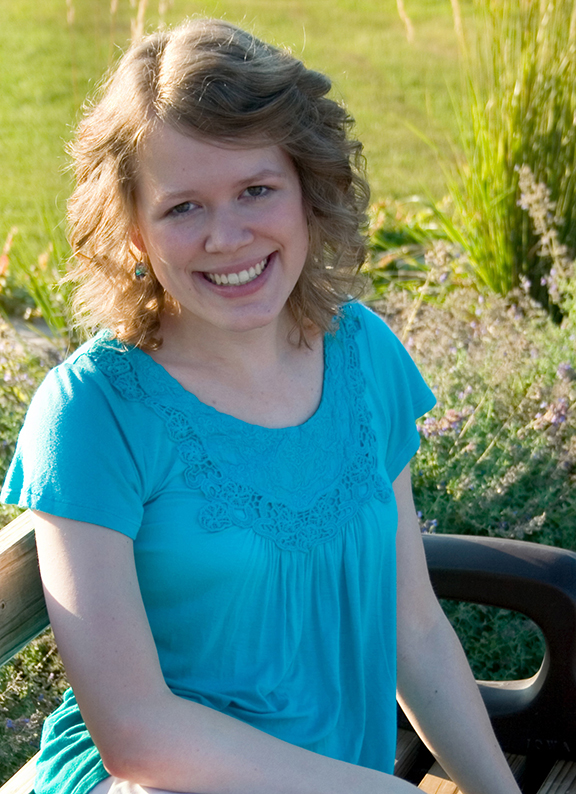
The School of Music’s Lisabeth Wissink, of Lincoln, Neb., is traveling to Romania to observe and document Music Camp International (MCI) as part of her research project.
Wissink, a senior music education major, is observing and documenting MCI, a music camp program for underprivileged children, located in both Romania and Ukraine. Her project is titled “Transforming a Life with Music: An Exploration of Music Camp International, a Children’s Program.”
“The camp really works to transform children’s lives,” Wissink said. “It teaches them discipline, it teaches them collaboration. So not only does it teach them music, but it helps them improve other areas of their life.”
Wissink is traveling to Romania from Aug. 20 to Sept. 7 to observe two weeks of camps for children ages 11-15. The first week’s camp is in Arad, Romania, and will have 300 children. The second week’s camp is in Bucharest and will have 500 children.
MCI conducts one-week music camps that include both choir and instrumental classes. In countries that have traditionally limited high quality music opportunities, MCI specializes in working with the disadvantaged, orphans and children with special needs. At the end of the week-long camp, a concert is presented on a major concert stage with the accompaniment of local symphony orchestras and professional musicians.
According to the organization’s website, “In the process of discovering and developing the ‘music within,’ the child is given dignity, hope and self-confidence.”
While in Romania, Wissink will conduct interviews with students and faculty at the camp and record different aspects of the camp, including rehearsals, classes and the final concert.
Wissink first heard about the camps through her parents, who met the director at a music conference in the 1980s. She said she is interested in learning more about what music can do in someone’s life.
“The program is similar to El Sistema, which is a music program in Venezuela,” Wissink said. “That music program is growing, but no one has really heard about Music Camp International, so I want to help spread the word. And I think that part of its ideology and teaching practices can be implemented in teaching programs back in the U.S.”
Many of the children who come to MCI have never held a musical instrument before.
“The camps give them an opportunity to see what they have inside,” Wissink said. “It allows the music inside of them to grow and develop.”
Her final paper will be completed as part of a UCARE (Undergraduate Creative Activities and Research Experiences) project and will be used as part of her senior thesis. She also hopes to write an article with her advisor to be published in Music Educators Journal and have the opportunity to present her findings at national conferences.
Wissink’s faculty advisor, Associate Professor of Music Education Robert Woody, said Wissink is up to this challenge.
“She’s an excellent student and academically very strong,” he said. “When she came to me about a UCARE project that she wanted to propose, I wasn’t surprised of her interest. What was unusual was she already had this strong interest in the more human benefits of music involvement. I’ve just been very impressed with Lisabeth’s initiative in this whole thing. This is something she’s wanted to do.”
He said the trip to Romania will help broaden her horizons and help her in her education career.
“This is going to expose her to a part of the world and a culture that’s going to give her some special perspective as she moves forward in her training and her involvement in the field of music education,” Woody said. “I think it could be huge for her. It gives her some experience in doing some really meaningful research. The benefits could be really extraordinary for a music education undergraduate.”